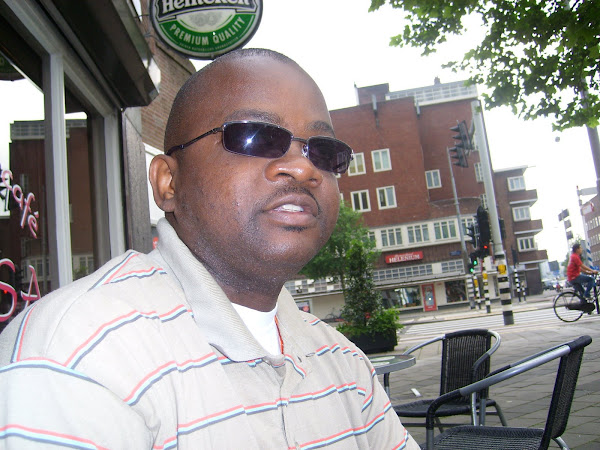
COMMONWEALTH leaders yesterday called for global trade talks to be concluded swiftly and endorsed a strong political statement to be sent to next month's climate change conference.
Leaders from the 53-nation organization, however, failed to recommend binding emission cuts, after three days of extensive deliberation on a wide range of issues.
The communique issued at the end of the summit stressed the need for earlier conclusion of the stalled trade talks.
"The negotiations remain at critical stage and are vital for the global economy, including attainment of the Millennium Development Goals (MDGs)," read the communique.
British Prime Minister Gordon Brown had earlier said a world trade deal and reform of global financial institutions could help ease the impact of an expected economic downturn next year.
Mr Brown told reporters on Saturday that he believed movement to unblock the stalled talks was "possible... probably during January" next year.
If a deal was reached, it could help countries ride out of recent financial turbulence caused by the fall-out from the crisis in the US high-risk mortgage market, he said.
Outgoing Secretary General Donald McKinnon said agreement on climatic change needed to be approached gradually.
"This is a step by step effort," said McKinnon.
He added that the UN's Bali conference next month would be an opportunity to further exert pressure over the issue.
The Bali international summit will see nations discuss a successor to the Kyoto Protocol on lowering harmful emissions. The protocol expires in 2012.
Some developed countries such as the United States , Canada and Australia have opposed binding cuts if these do not include all countries, especially economic powerhouse China.
"It's not easy to overcome the emissions overnight but it's a process which has started," added McKinnon.
Especially some small Commonwealth member countries have raised concern over climate change and have even said that they are in endanger of being submerged by rising sea levels.
A declaration adopted by the leaders, dubbed 'Lake Victoria Commonwealth Climate Change Action Plan' calls for shared goal which should aim at achieving a comprehensive post-2012 global agreement that strengthens, broadens, and deepens current arrangements and leads to reduced emissions of global greenhouse gases.
The leaders also pushed for reform of international organisations, designed in the aftermath of the Second World War, which does not cope with the challenges of the 21st century.
''This undermines the legitimacy, effectiveness and credibility of the whole international system," stated the communique.
The leaders acknowledged the threats posed by weapons of mass destruction and reaffirmed their commitment towards attainment of general and complete disarmament.
On small arms and light weapons, the Club leaders expressed deep concern over the illicit manufacture, trade and uncontrolled availability of firearms and ammunition.
They also condemned terrorist acts, which continue to present serious challenge to international peace and security.
The leaders declared commitment to redoubling their efforts to deliver education for all -- with particular focus on enrolling 30 million primary school aged children and eliminating gender disparity.
The leaders have further reaffirmed to invest in services and equipment to contribute towards the goal of universal access to HIV/AIDS prevention, treatment, care and support by 2010.
President Jakaya Kikwete who arrived here on Thursday was expected to leave yesterday evening.

No comments:
Post a Comment